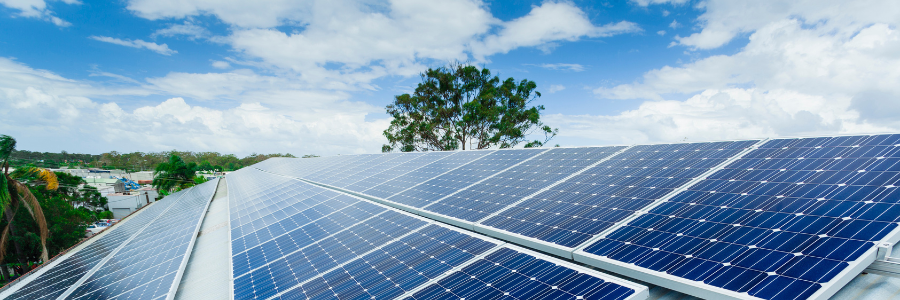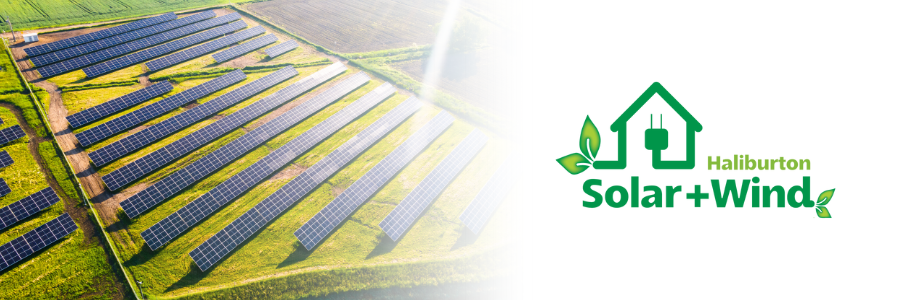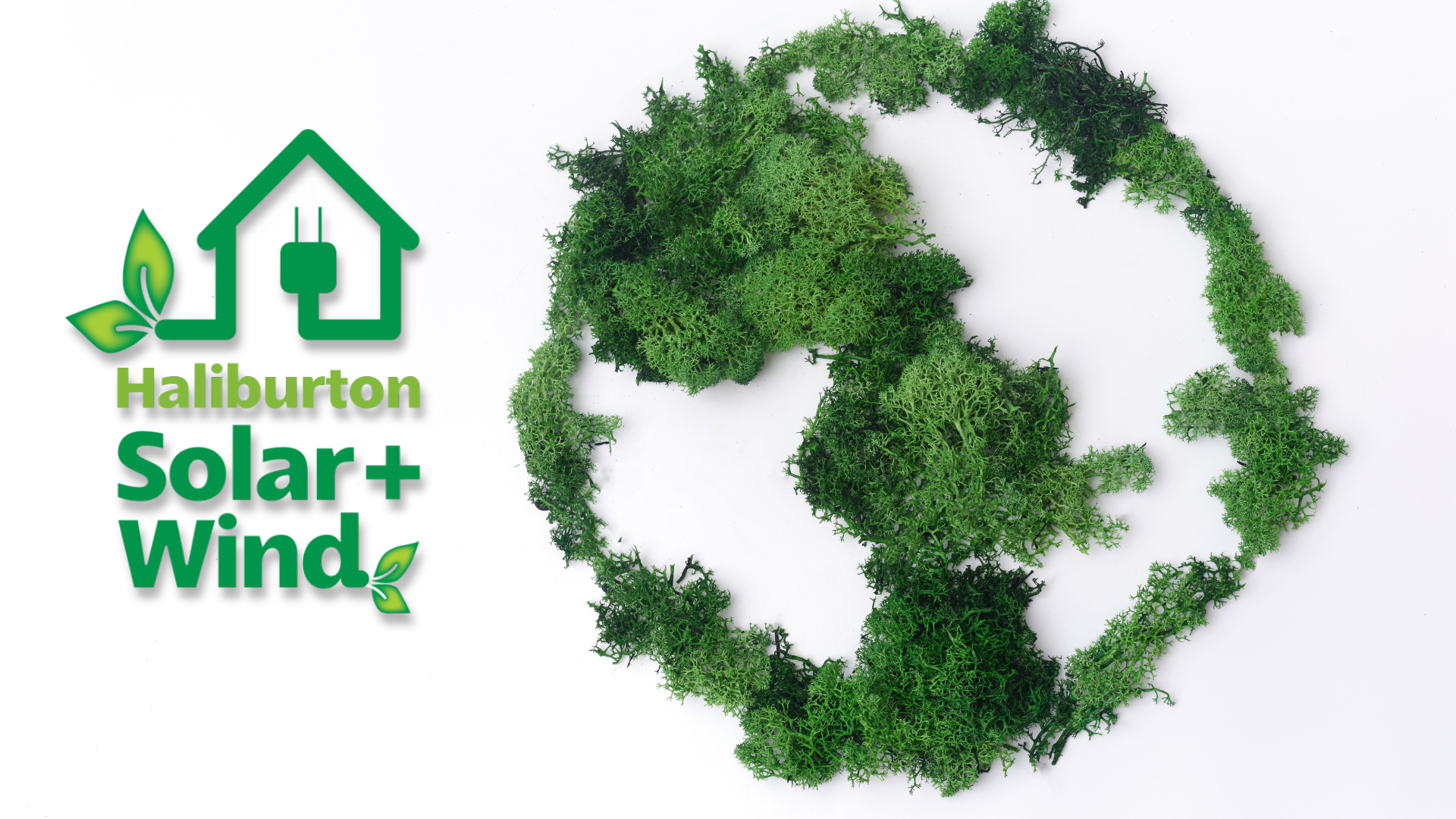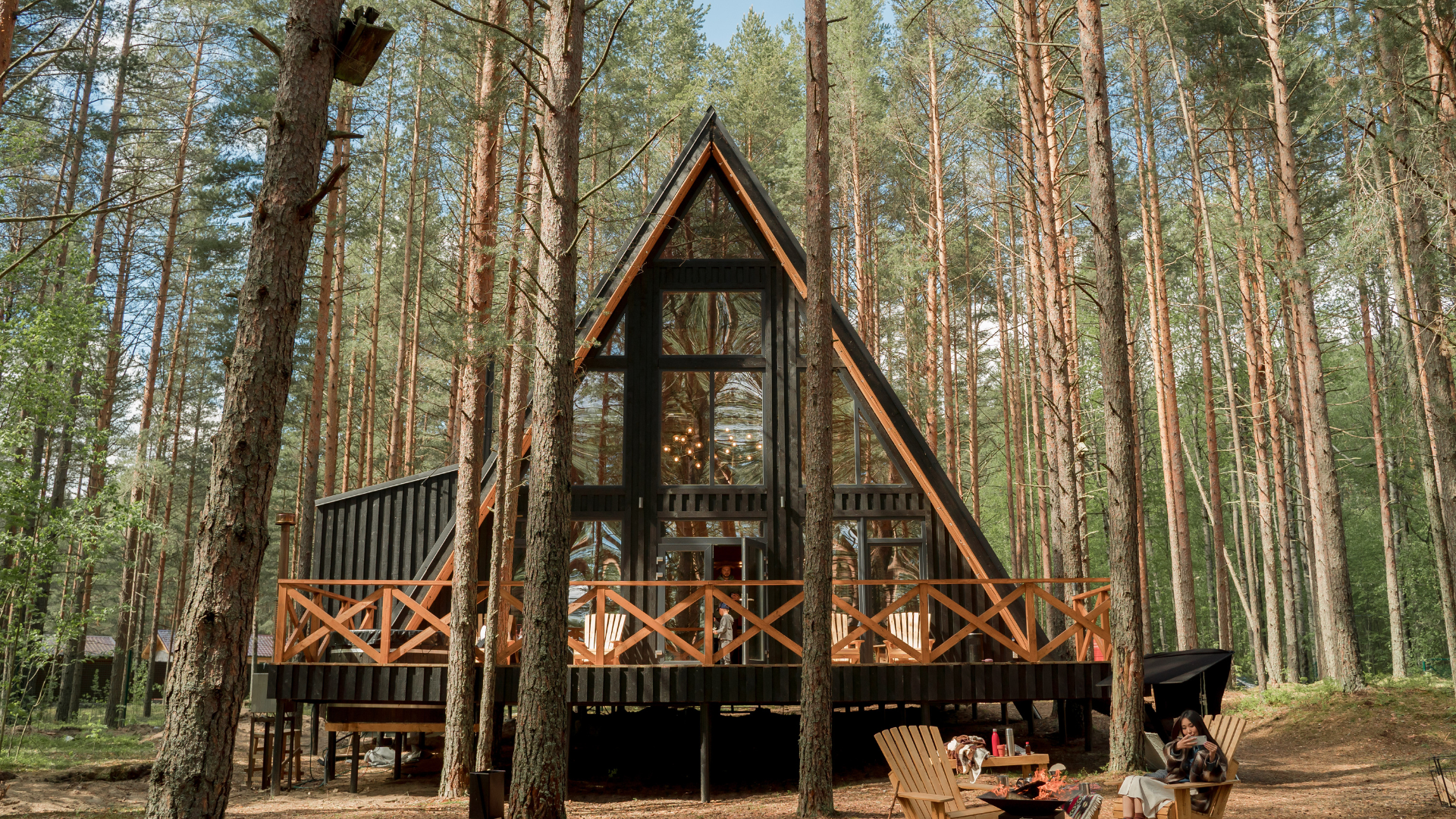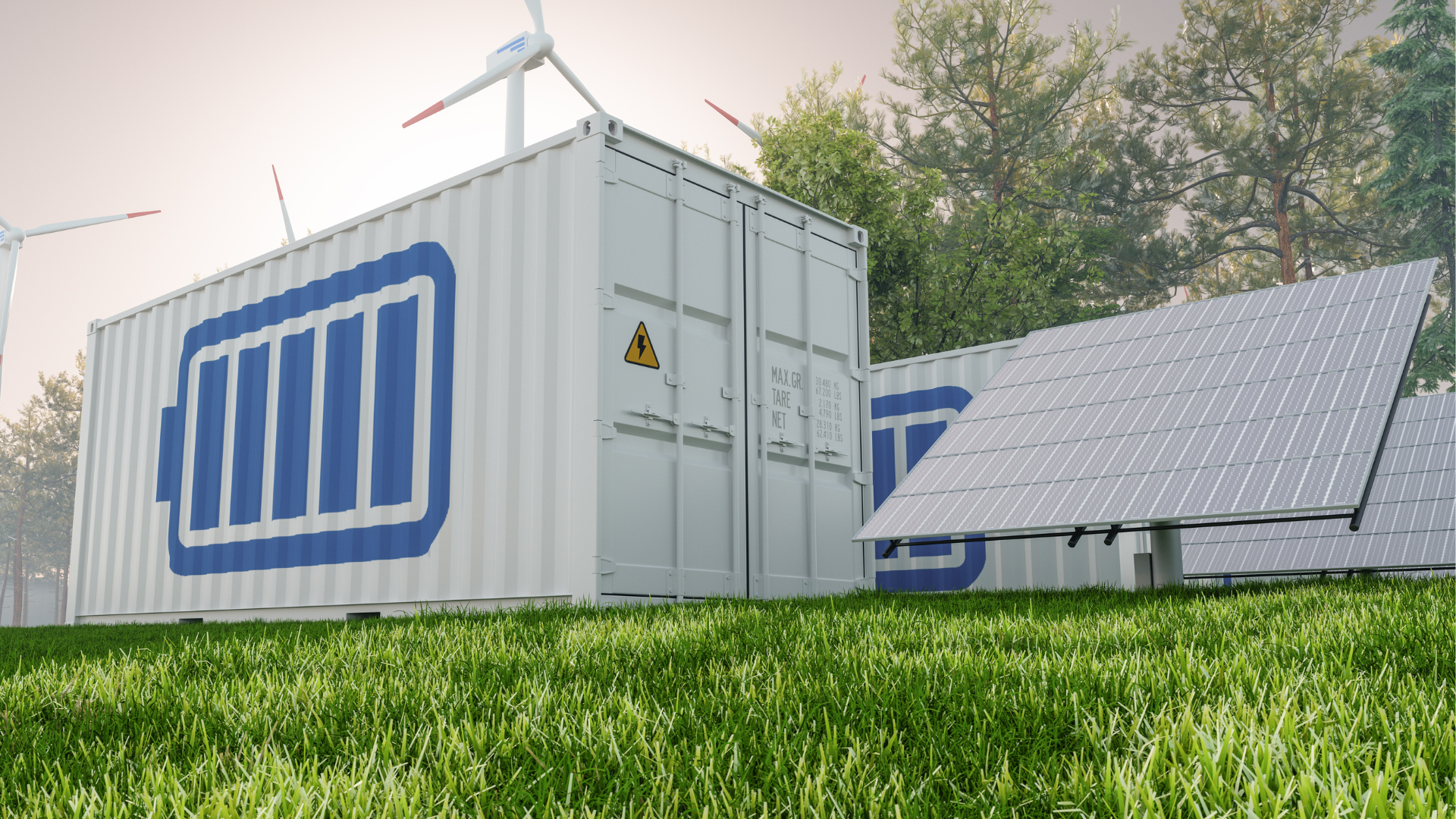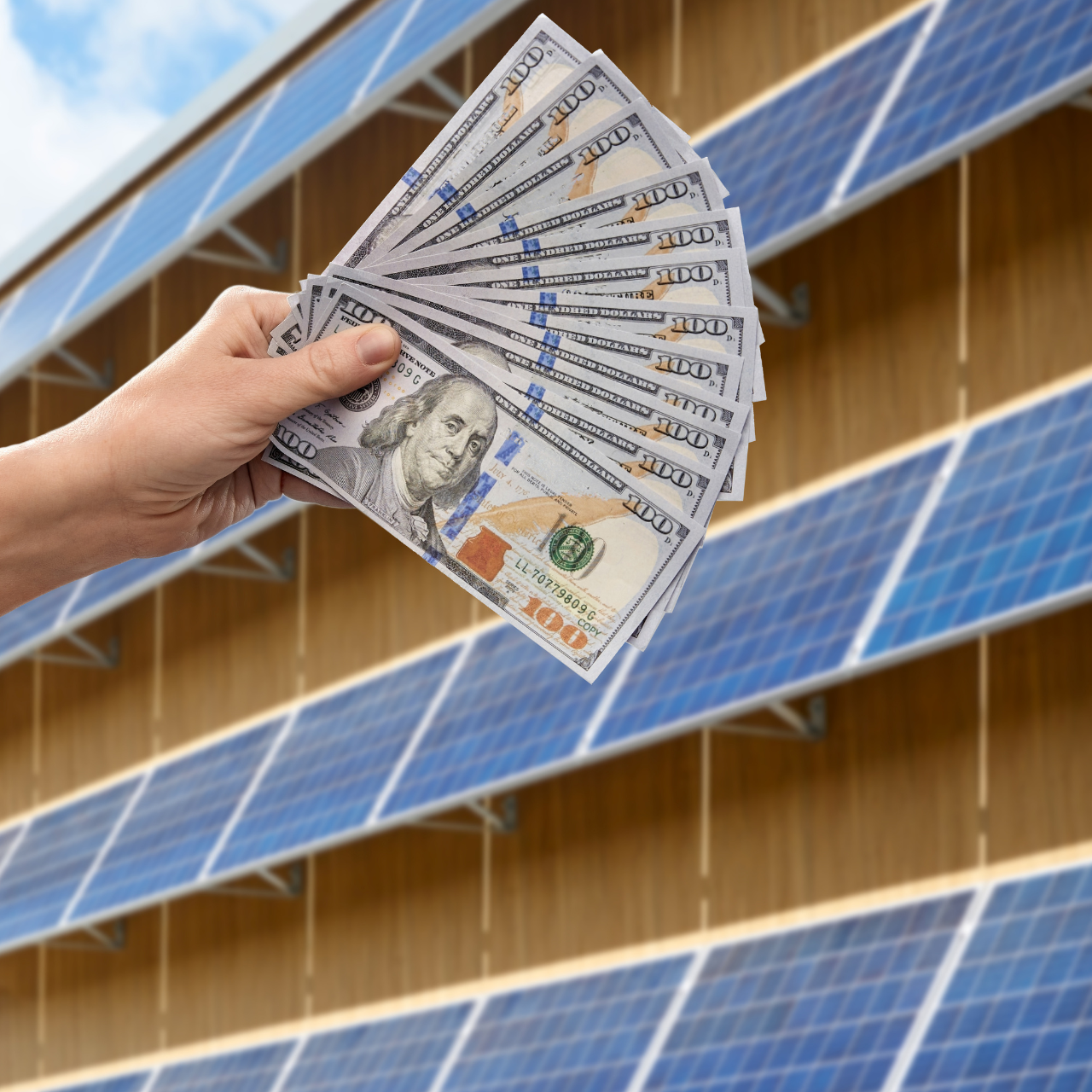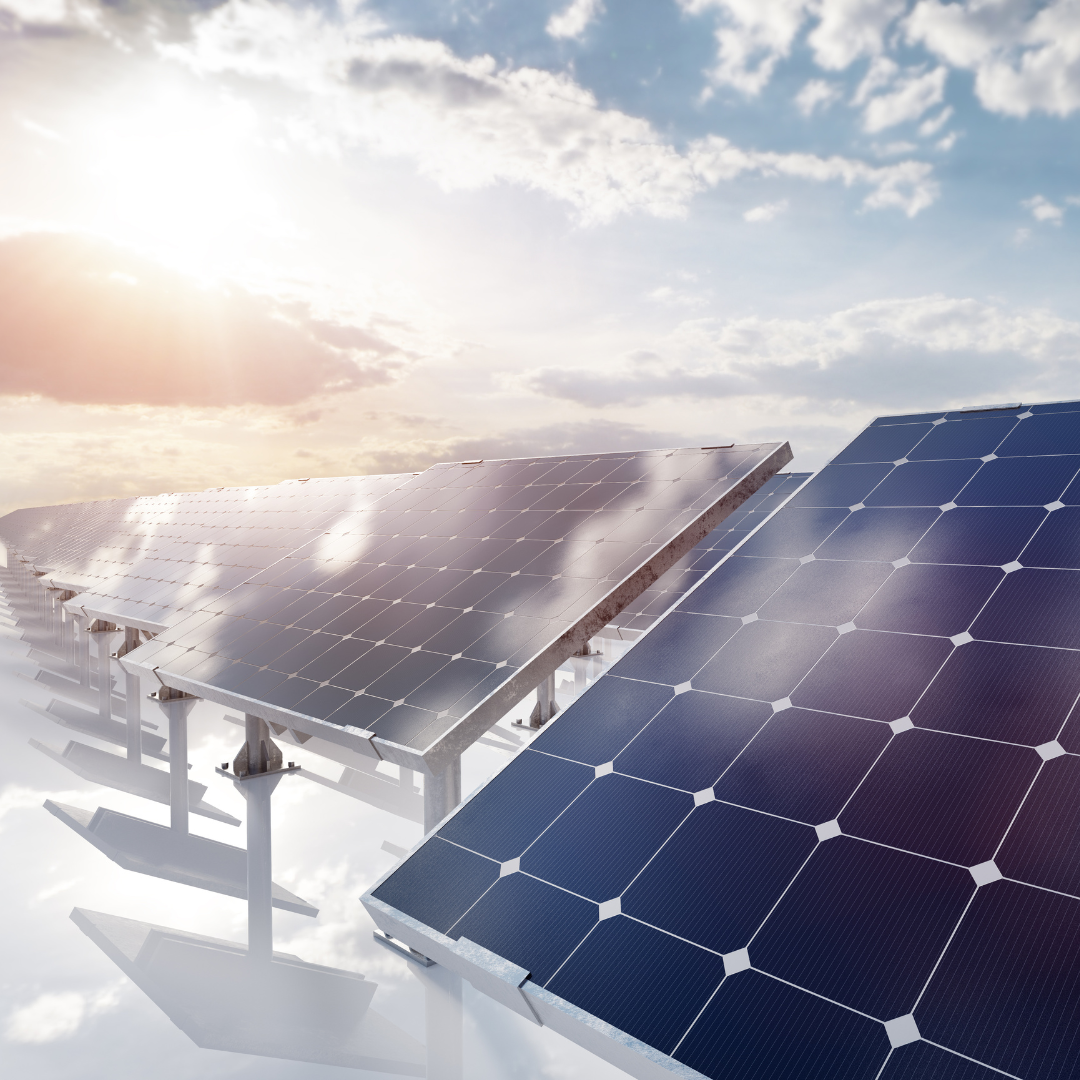Live off the Beaten Path: A Guide to Off-Grid Living
Table of Contents
- Introduction
- What is Off-Grid Living?
- Advantages of Off-Grid Living
- Essential Components of Off-Grid Living
- Finding the Right Location
- Building an Off-Grid Home
- Off-Grid Lifestyle Challenges
- Conclusion
Living off the grid offers a liberating and sustainable lifestyle, free from the constraints of traditional utility systems. In this comprehensive guide, we will explore the concept of off-grid living, its advantages, essential components, location considerations, home building techniques, challenges, and more. Whether you're intrigued by the idea of self-sufficiency or wish to minimize your ecological footprint, this article will provide valuable insights to help you embark on your
off-grid ontario journey.
1. Introduction
In an increasingly interconnected and energy-dependent world, off-grid living presents a compelling alternative. It refers to a lifestyle where individuals or communities generate their own power, collect and manage their water supply, and cultivate their food, all independently of the mainstream infrastructure.
2. What is Off-Grid Living?
Off-grid living entails disconnecting from centralized utilities such as electricity, water, and sewage systems. Instead, individuals rely on renewable energy sources, implement water conservation techniques, and adopt sustainable practices for their daily needs.
3. Advantages of Off-Grid Living
3.1 Environmental Benefits
Off-grid living significantly reduces your ecological impact. By harnessing renewable energy sources like solar power and wind energy, you contribute to combating climate change and reducing carbon emissions. Additionally, water conservation practices and sustainable food production methods promote a healthier and more sustainable environment.
3.2 Self-Sufficiency and Independence
One of the most appealing aspects of off-grid living is the sense of self-reliance and independence it provides. Generating your own power, collecting rainwater, and growing your food offer a level of self-sufficiency that is both empowering and liberating.
3.3 Cost Savings
Living off-grid can lead to substantial cost savings in the long run. While the initial investment in renewable energy systems and sustainable infrastructure may be higher, the ongoing savings on utility bills and the ability to produce your own food can offset these expenses over time.
4. Essential Components of Off-Grid Living
To successfully live off-grid, certain components are essential to ensure a self-sufficient and sustainable lifestyle.
4.1 Solar Power Systems
Solar power is a key component of off-grid living. Installing photovoltaic panels allows you to harness the sun's energy and convert it into electricity, providing power for your home's electrical needs.
4.2 Rainwater Harvesting
Rainwater harvesting is crucial for off-grid living. Collecting rainwater in storage tanks or cisterns provides a sustainable and independent water source for daily needs, reducing the reliance on municipal water supplies.
4.3 Sustainable Food Production
Growing your own food is a fundamental aspect of off-grid living. Implementing sustainable farming techniques such as permaculture, vertical gardening, and aquaponics enables you to cultivate a variety of fresh produce, reducing dependency on external food sources.
5. Finding the Right Location
Choosing the right location for your off-grid adventure is vital. Factors such as climate, available resources, access to essential services, and local regulations should be considered. Researching potential areas and consulting with experts can help you identify the ideal location to establish your off-grid homestead.
6. Building an Off-Grid Home
Constructing an off-grid home requires careful planning and design considerations to maximize energy efficiency and sustainability.
6.1 Energy-Efficient Design
Designing your off-grid home to optimize energy efficiency is crucial. Incorporating passive solar design, proper insulation, and energy-efficient appliances can minimize energy consumption and maximize the effectiveness of your renewable energy systems.
6.2 Water and Waste Management
Implementing efficient water management systems such as greywater recycling and composting toilets ensures responsible use and disposal of water and waste, reducing the strain on natural resources.
6.3 Choosing Eco-Friendly Materials
Selecting environmentally friendly and sustainable building materials helps minimize the ecological impact of your off-grid home. Materials such as reclaimed wood, recycled insulation, and non-toxic finishes contribute to a healthier and more sustainable living space.
7. Off-Grid Lifestyle Challenges
While off-grid living offers numerous benefits, it also comes with its unique set of challenges.
7.1 Energy and Water Conservation
Conserving energy and water are essential aspects of off-grid living. Managing power usage, optimizing system efficiency, and adopting water-saving habits are crucial for maintaining a sustainable and self-sufficient lifestyle.
7.2 Food Preservation
Preserving food without the convenience of traditional refrigeration can be challenging. Exploring alternative food preservation methods like canning, fermentation, and root cellars ensures a constant and reliable food supply.
7.3 Maintenance and Repairs
Living off-grid requires a certain level of self-sufficiency when it comes to maintenance and repairs. Acquiring the necessary skills and knowledge to troubleshoot and fix issues that may arise is essential for a smooth off-grid living experience.
8. Conclusion
Embarking on an off-grid lifestyle offers a transformative experience, allowing individuals to reconnect with nature, embrace self-sufficiency, and minimize their environmental impact. By harnessing renewable energy, conserving resources, and adopting sustainable practices, off-grid living provides a pathway to a more sustainable future.
